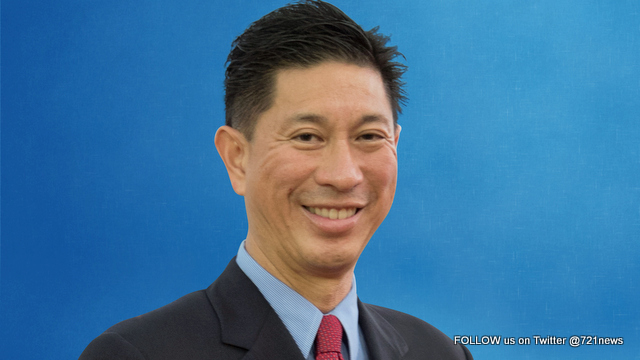GREAT BAY, Sint Maarten (DCOMM) – The Department of Collective Prevention Services (CPS) which falls under the Ministry of Public Health, Social Development and Labour (Ministry VSA), has initiated the dialogue process in order to be able to address public health aspects related to the surrounding environment.
Starting on May 8, a representative from the Pan American Health Organization (PAHO) Office of Caribbean Program Coordination, Ton Vlugman, Senior Advisor, Water, Sanitation and Environmental Health, will be hosting a two-day workshop for public and private sector stakeholders.
The general stakeholder’s workshop will include a presentation about the concept of Environmental Health within the scope of sustainable development; and a focus on an Integrated Solid Waste Management Strategy.
The objective of the workshop as well as the steps to be taken thereafter is to allow the Ministry of Public Health to be able to address the public health aspects surrounding the environment in a timely manner along with ministerial partners and other relevant key stakeholders on environmental health matters.
“While the Ministry of VROMI works on their Integrated Waste Management plan, some of the conclusions from this workshop will assist VROMI in setting standards and parameters for air quality and pollution that will be incorporated in the terms of reference for the Integrated Waste Management plans and any interim solution,” stated Minister Emil Lee.
There will also be field visits to the landfills on the Dutch and French sides where information related to the waste collection systems and recycling programs will be collected.
Part of the planning includes the development of a “Public Health Plan on Integrated Waste Management” within the realm of Social Determinants of Health, Primary Environmental Health Care.
“The World Health Organization (WHO) estimates that outdoor and indoor air pollution kill 6.5 million people on an annual basis, making polluted air the most deadly consequences of environmental degradation.
“Air pollution is one of the most pernicious threats to health because it is so pervasive. No one can escape it. Everyone has to breathe. When breathing becomes deadly, entire cities become a hazard to health,” the WHO points out.






























